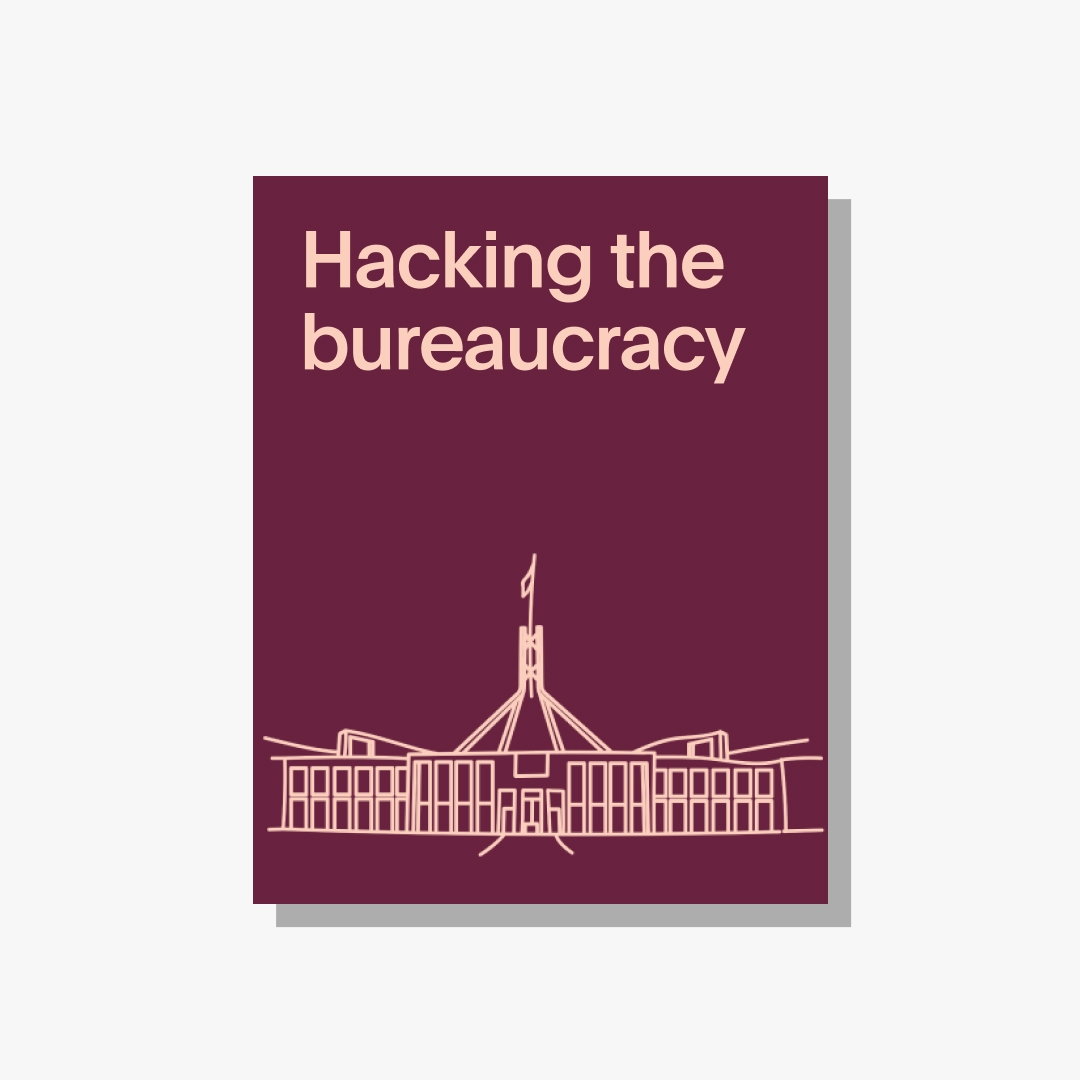The story behind the Innovating in Government report.
In case you missed it, we just launched our Innovating In Government report in Melbourne at General Assembly.
Portable's co-founders, Andrew Apostola and Simon Goodrich, talked about innovation in government, the role of service design and how to find success in the failures you might encounter.
In 2015, Portable prepared and delivered a presentation at Public Sector Week in Victoria. We spoke about the ways in which Design Thinking and agile work processes can transform the way organisations deliver outcomes for citizens and the world in which they interact. As a result of that presentation, and through the encouragement of the people who attended and supported our work, we began to conduct research into Government innovation.
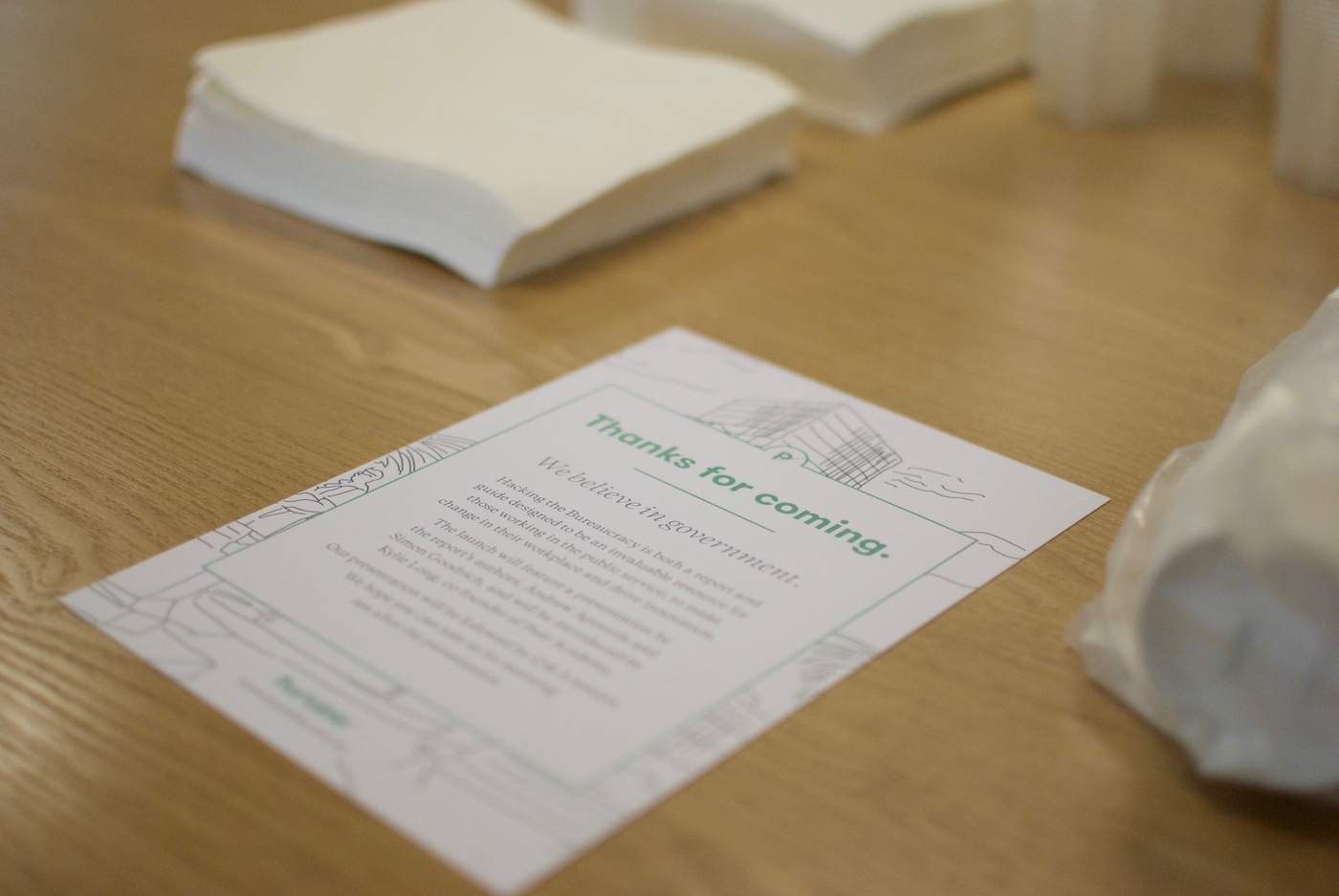
In 2016, we worked with Department of Industry, Innovation and Science to further explore mechanisms of innovation in practice. This opportunity allowed us to consider some of the deeper machinations behind Government innovation.
Over the next eight months, we conducted a series of workshops, bringing together leaders within Government to establish the key drivers behind successful innovation. We went in with a strategy to determine a workflow and tangible points of innovative identification for government staff and policy makers.The purpose of this was to provide the basis for a comprehensive and action-oriented approach to innovation, to be applied in the context of departments, workplaces and collaborative efforts.
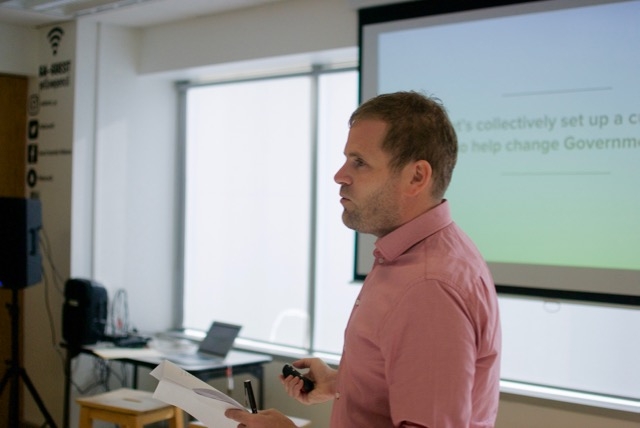
The result of this work is the Innovating in Government Report, within it, a supporting toolkit for those within Government who wish to embark on their journey to innovation, aka, ‘hack the bureaucracy’.
Hacking the bureaucracy
We know that within a business culture that nurtures and facilitates innovation, it might be difficult to measure given the intangible nature of many of its inputs. It’s also difficult to strategise, align or implement directly as innovation is sometimes thrown around as a general buzzword, rather than a practice or system.
Why do we recommend ‘hacking the bureaucracy?’ especially when "hacking" something sounds like doing something unsanctioned.
From the stories we heard, the people we interviewed, we found a consistent element in all of our conversations: the experience of hacking Government changes you, your environment and interactions. Therefore, changing Government becomes easier.
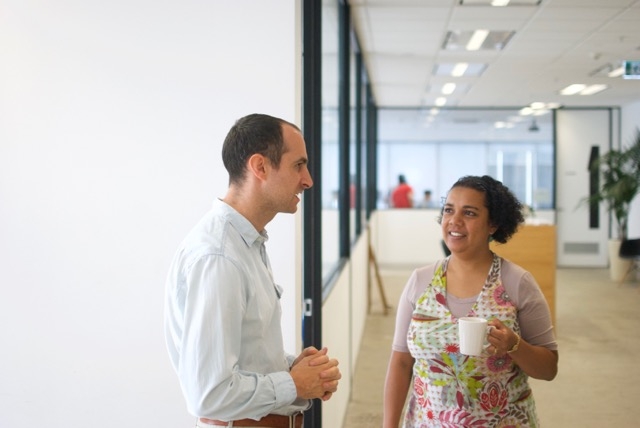
We found that one of the big issues facing Government today is its inability to keep up with modern day mechanisms. All the rhetoric we get about government is that it is slow, clunky, tries to refer to data but doesn’t manage it well. Looking at the Centrelink debt kerfuffle and last year’s #CensusFail - we had two very big incidents concerning citizen data and management where the Government has proven to be inefficient at large-scale coordination and moving seamlessly from old to new systems.
From our perspective, there seems to be an incoherence within Government that disagrees vehemently with the process of Innovation. Yet, the government needs to lead by example.
Innovation needs a shepherd to guide it. Especially if there is no clearly defined process or pathway for staff to make change happen.
As citizens, we set very high expectations for Government, much higher than we do for the private sector. Many make the argument that everything should, for this reason, be turned over to the private sector, who are known for their smooth transitions. This is not the case. We know that the private sector is just as inept at times.
Private industry comes with its own baggage and is known to serve its own interest. And we know that the effects of making departments and organisations innovative in their practices and systems are numerous. Government needs to innovate in order to deliver the services its citizens need.
The difference here is being able to hack this bureaucracy.
What advice do we have for people who have "fire in the belly" but face resistance in their workplace?
One of the questions we regularly get asked is how to act when faced with resistance, whether external or internal. Once you recognise that you are facing that difficulty, though, it becomes easier to map out a strategy to start solving that problem. Being aware is the first step. It's also unreasonable to expect that your first foray into innovative actions will be successful. An element of innovation is recognising that success is not always about "getting it done": it is also about the journey and about accepting failure.
If you face resistance in your workplace, try find the people who want to be involved, who might not be inside your organisation, and use them to build momentum.
*
For more ideas and inspiration, come along to one of the Innovating in Government launches or get in touch directly. You can get a copy of the Report below.
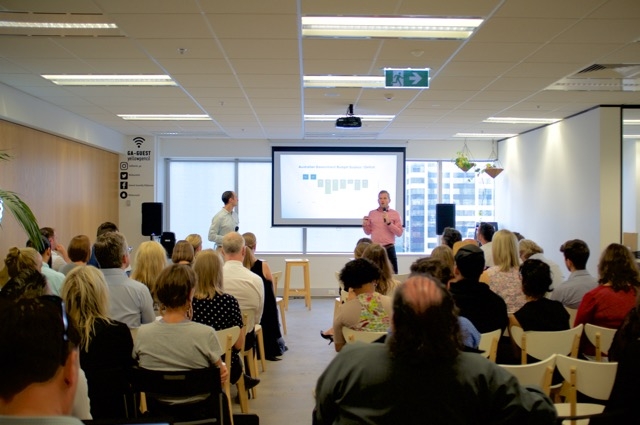
Download our report about innovating in government
